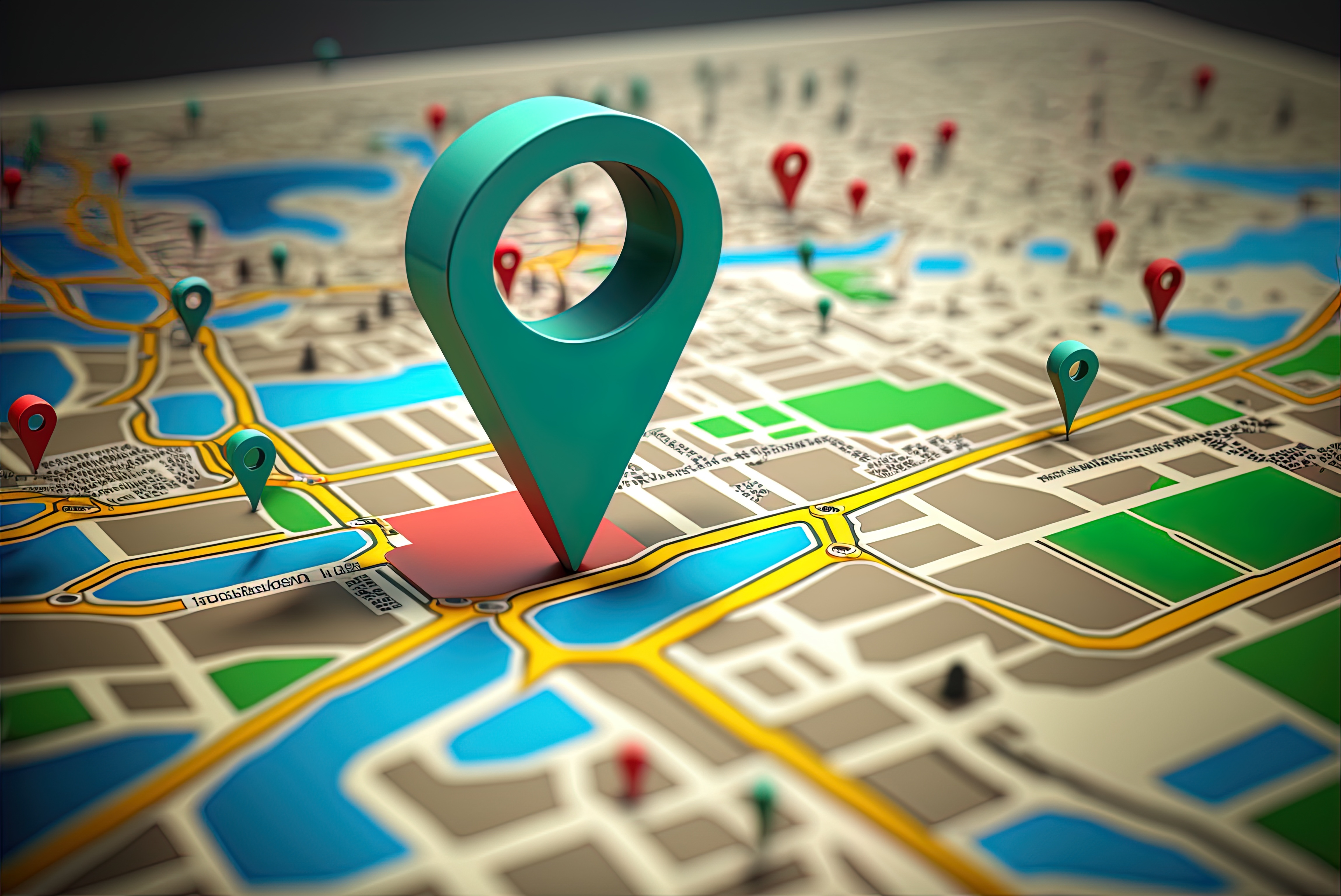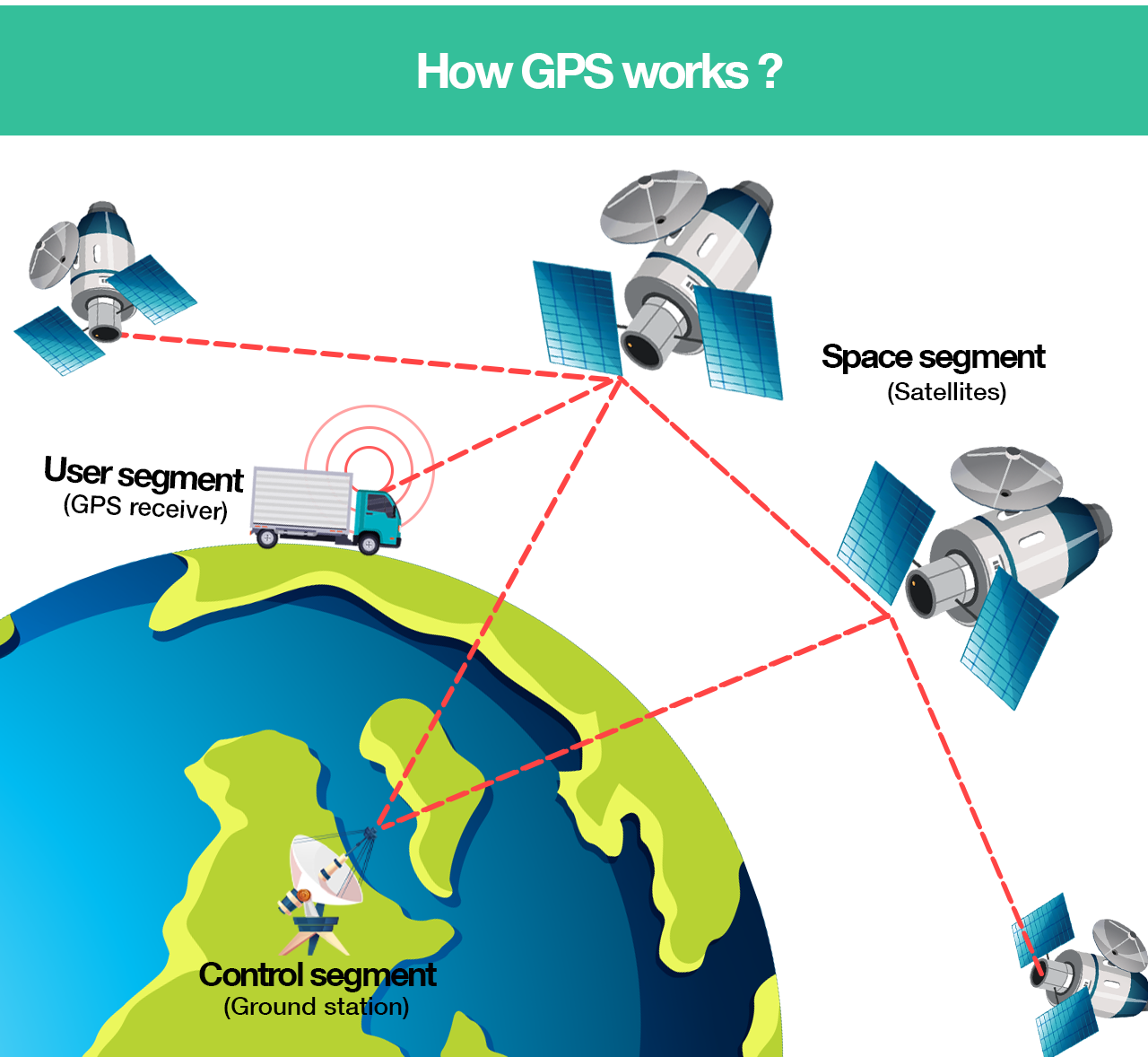Let’s be honest, that trusty car GPS navigator has been your co-pilot for a while now. It’s gotten you through countless road trips, navigated you through confusing city streets, and maybe even rescued you from a few wrong turns. But just like any piece of technology, your GPS eventually reaches the end of its road. Knowing when to replace it isn’t always obvious, so let’s delve into the telltale signs it’s time to upgrade your in-car navigation system.
Outdated Maps and Software
![]()
This is arguably the most common reason to replace your car GPS. Think about it: how often are road closures, new construction, and even entire new roads added to the map data? If your GPS is several years old, its map database might be severely outdated. This can lead to inaccurate directions, sending you down dead-end streets or onto roads that no longer exist. The resulting frustration and wasted time can quickly outweigh any perceived savings of keeping an old device. Look for GPS units that offer frequent map updates—ideally, with a subscription service guaranteeing continuous accuracy.
Slow Performance and Frequent Freezing
Is your GPS slower than a snail climbing a mountain? Does it freeze up frequently, leaving you stranded in the middle of nowhere (metaphorically or literally)? This sluggishness is often a symptom of aging hardware and outdated software. Processing power degrades over time, and if your unit struggles to keep up with even basic tasks, it’s a clear indication that it’s time for a replacement. A new GPS with a more powerful processor will provide a much smoother and responsive navigation experience.
Poor Accuracy and Inconsistent Directions

Beyond outdated maps, even with updated maps, a failing GPS might give inaccurate directions. This could manifest as consistently missing turns, suggesting roundabout routes, or even leading you in completely the wrong direction. While occasional errors are understandable, persistent inaccuracy is a red flag. It points to problems with the internal GPS receiver, which may be faulty or weakened with age. A newer GPS with a more sensitive receiver will offer more reliable and precise navigation.
Lack of Modern Features
Technology moves at lightning speed. Modern GPS navigators offer a wealth of features beyond basic route guidance. Think real-time traffic updates, lane guidance, speed camera warnings, parking assistance, and even integration with your smartphone for hands-free calling and music streaming. If your current GPS lacks these features, you’re missing out on valuable functionalities that can make your driving experience safer and more convenient. Upgrading allows you to tap into these technological advancements.
Poor Screen Visibility and Touchscreen Responsiveness
Can you even see the screen clearly? Is the touchscreen unresponsive or laggy? A worn-out or scratched screen can seriously impair visibility, especially in bright sunlight. A sluggish or unreliable touchscreen can make navigating the menus and adjusting settings a frustrating chore. Both issues significantly impact usability. If the screen is damaged or failing, it’s a strong signal to consider replacement.
Limited Connectivity and Integration

Modern GPS devices often integrate with your smartphone and other smart devices via Bluetooth or Wi-Fi. This integration allows for features like hands-free calling, voice commands, and seamless access to your music and contacts. If your GPS lacks these connectivity options, or if the existing connection is unreliable, it might be time to upgrade. This integration simplifies the driving experience and adds a layer of safety by minimizing distractions.
Battery Life Issues

If your portable GPS unit is running on battery, a dramatically reduced battery life is another sign it needs replacing. Batteries degrade over time, and if yours struggles to last a single day, it’s a major inconvenience. This inconvenience can be especially troublesome during long journeys. Consider whether the effort to continually recharge is worth the limitations or invest in a new unit with improved battery technology.
Conclusion: Weighing the Costs and Benefits
Replacing your car GPS navigator might seem like an unnecessary expense, but the benefits often outweigh the costs. Outdated maps, poor performance, and lack of modern features can lead to frustration, wasted time, and even safety risks. Weigh the cost of a new GPS against the potential cost of continued frustration, inaccurate navigation, and lost time. Consider your needs and budget, research different models and features, and choose the GPS navigator that best fits your driving habits and lifestyle. A reliable, up-to-date navigation system is a valuable asset for any driver, providing peace of mind and a safer, more enjoyable driving experience. Remember to check online reviews and compare prices before making your final decision.